In 2021, Yucun, an obscure and small mountain village in Anji County, East China's Zhejiang province, was selected from 170 villages in the world as one of the "Best Tourism Villages" by the United Nations World Tourism Organization.
But a few decades ago, Yucun was a heavily polluted mining village. Although villagers made a fortune through quarrying and mining, that fortune came at a heavy ecological price – grey skies, turbid water, and barren mountains.
In 2005, the statement that "Lucid waters and lush mountains are invaluable assets" born in Yucun opened a new chapter in the construction of ecological civilization across China.
With the mines shut down and the polluted water cleared, the sky turned blue, and villagers' wallet got fatter. Yucun not only restored the green ecosystem, but also took the "express train" of rural revitalization.
The mines have been transformed into a heritage park, and the villagers have set up special farmhouse tourism – activities like hiking, fishing, grapes-picking, and sightseeing have attracted tourists here, and the rural tourism has become the villagers' source of income.
Over the past ten years, the concept of "Lucid waters and lush mountains are invaluable assets" has taken deep roots in the hearts of the people. The co-development of economy and environment not only paints a picture of beautiful China, but also outlines Chinese people's yearning for a better life.








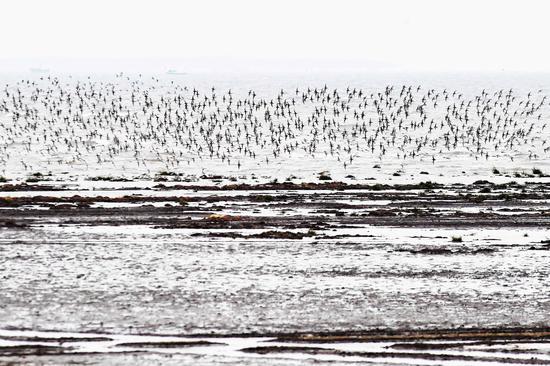

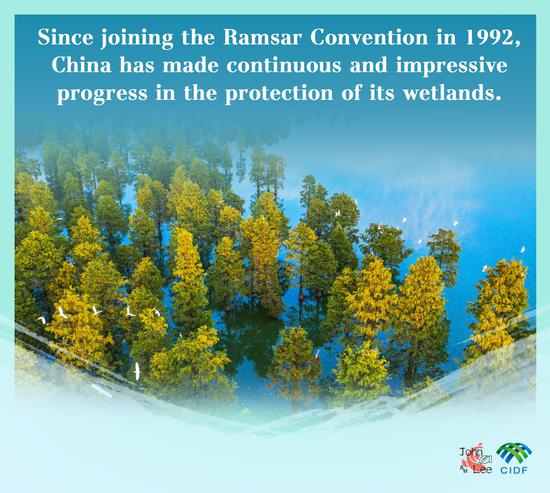

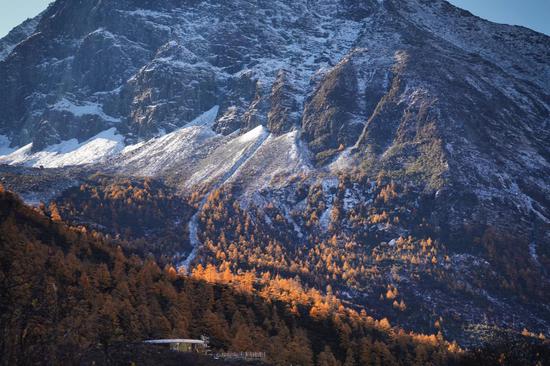
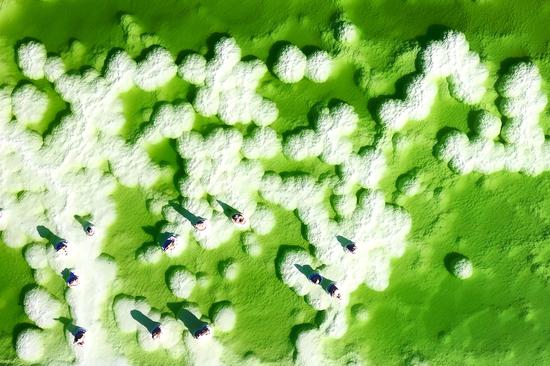

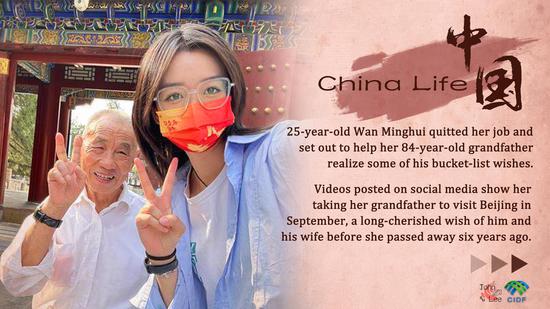
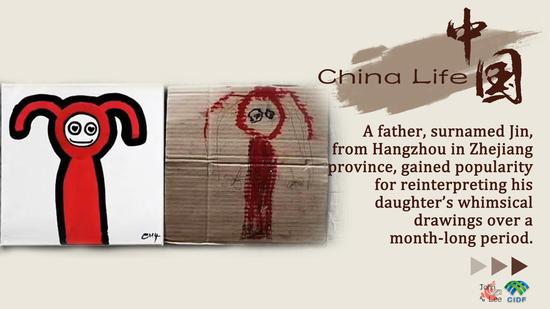


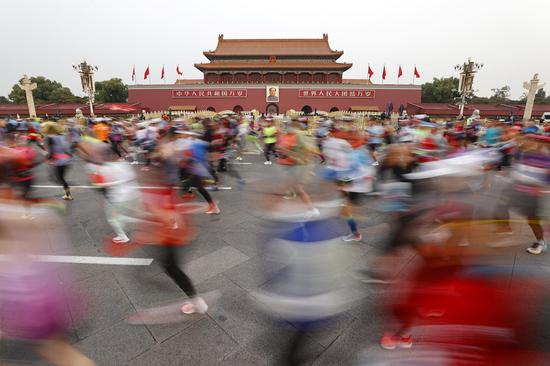


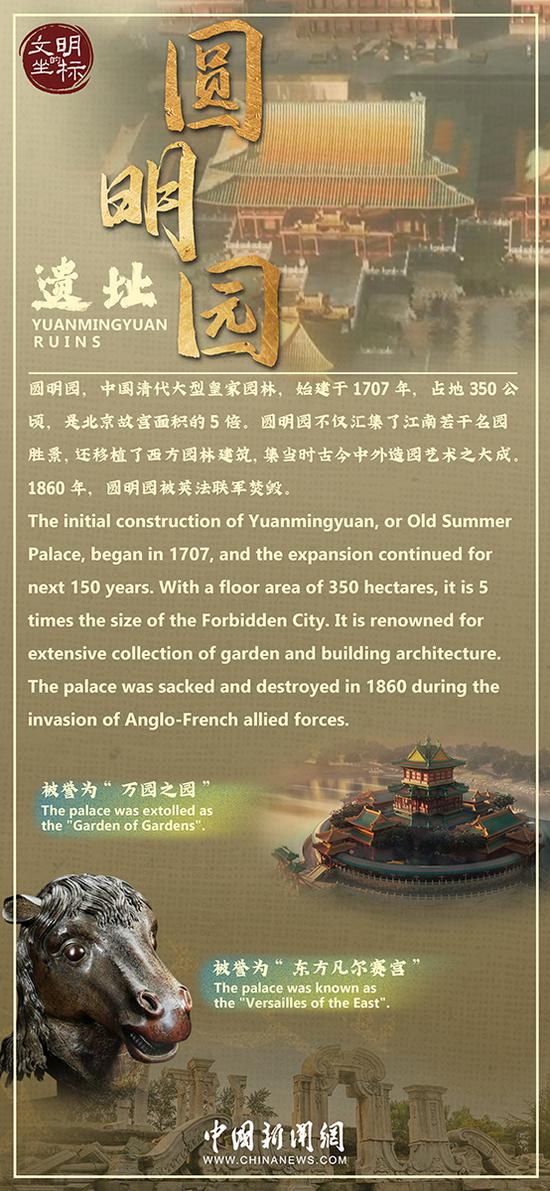
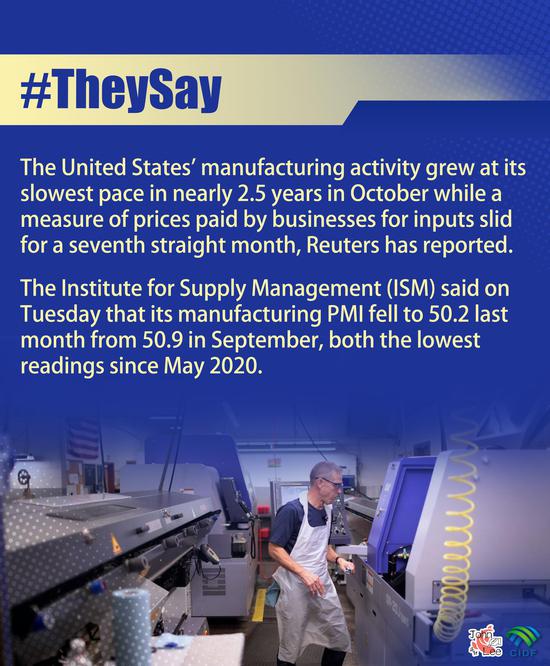

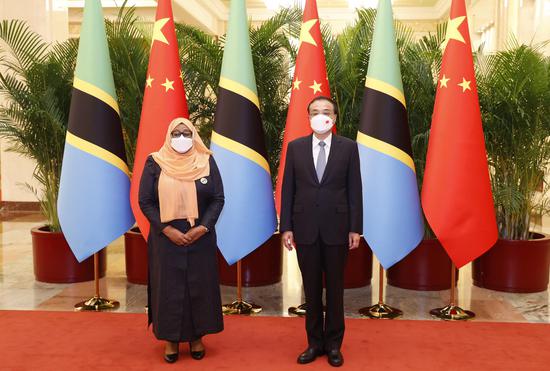
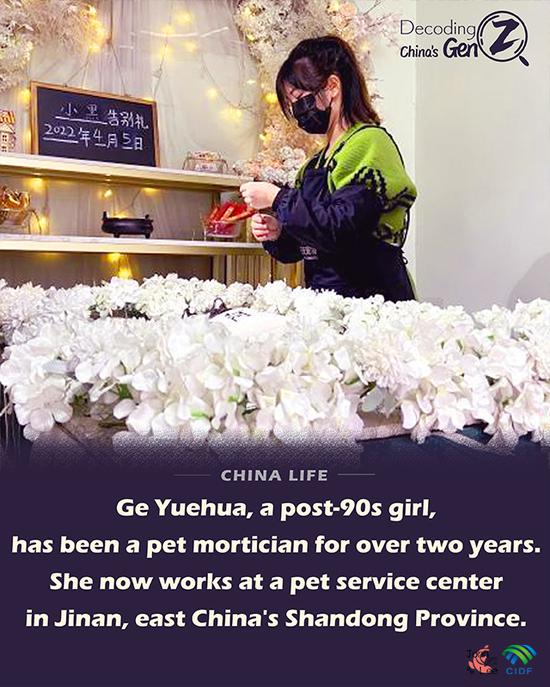

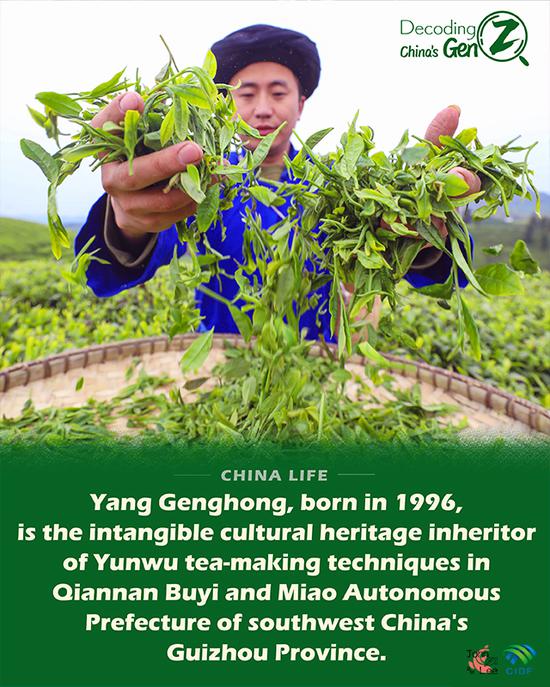
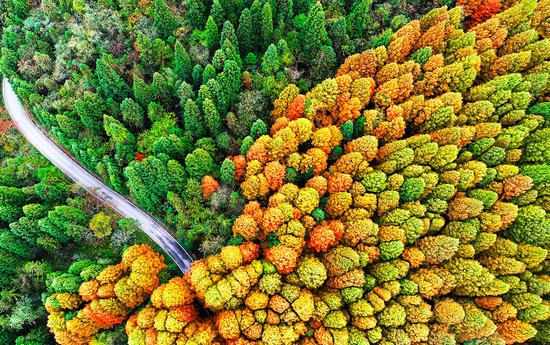
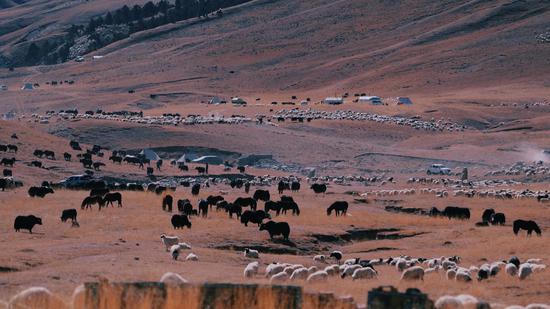



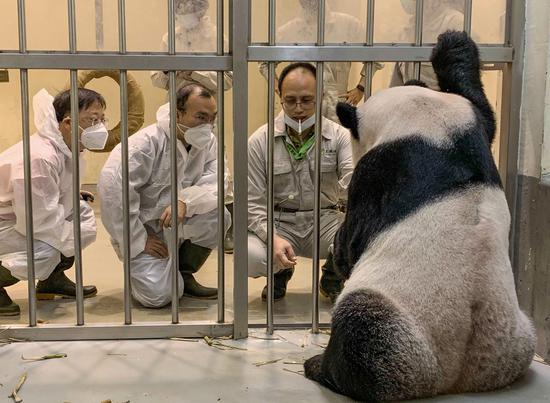
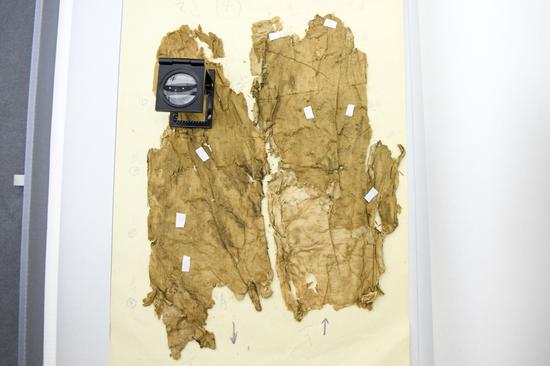

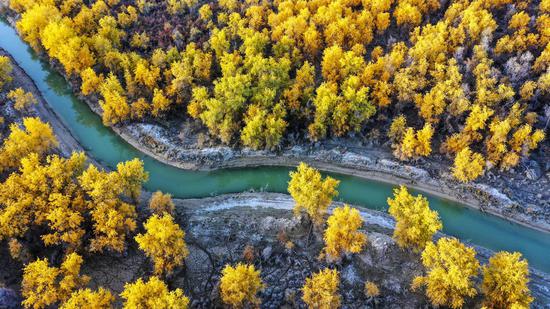

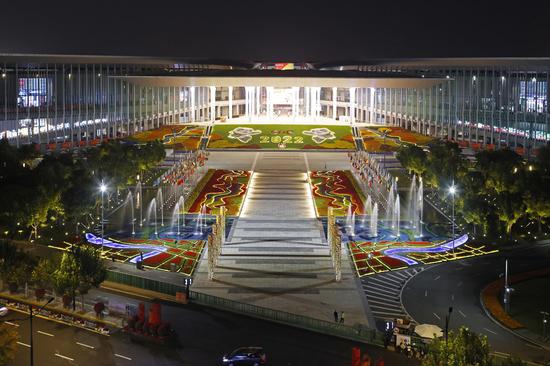
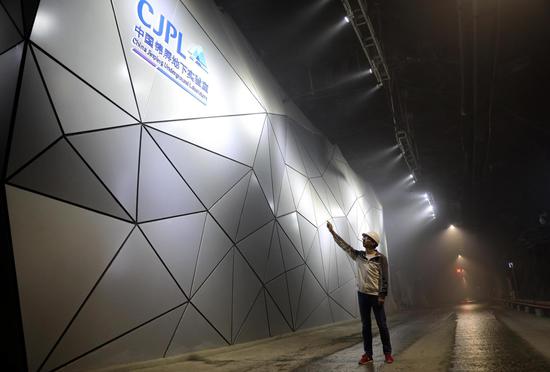
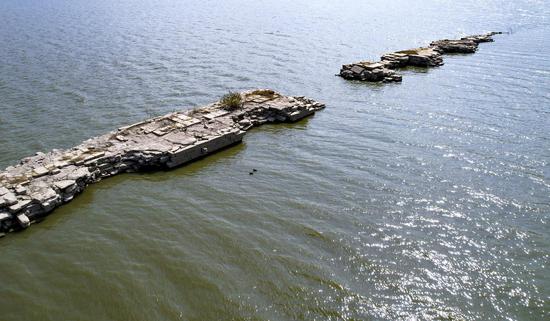
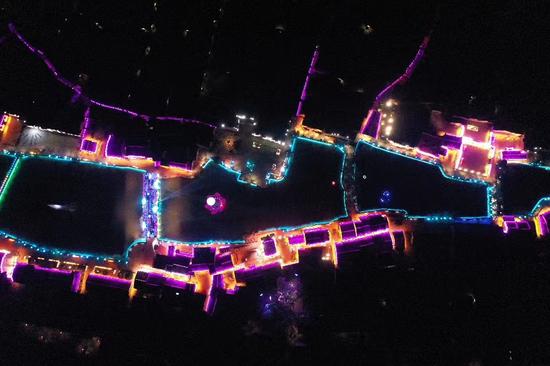
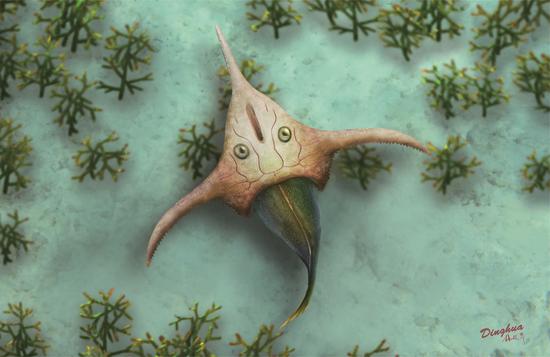
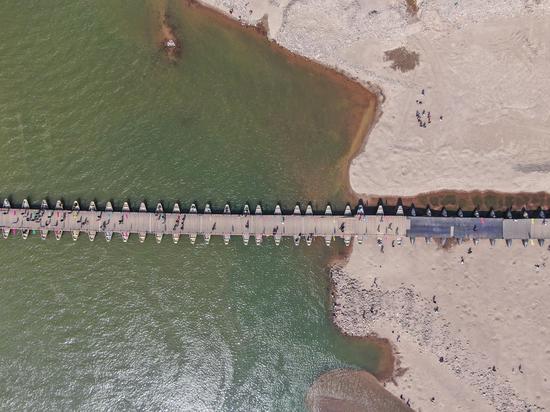





 京公网安备 11010202009201号
京公网安备 11010202009201号